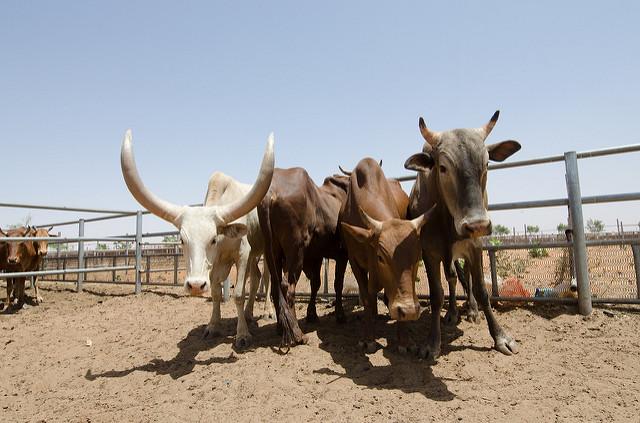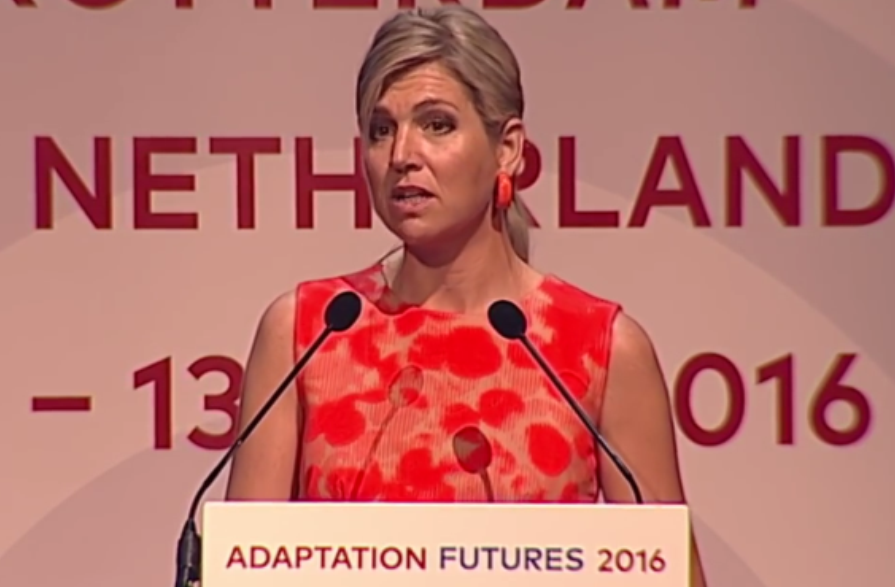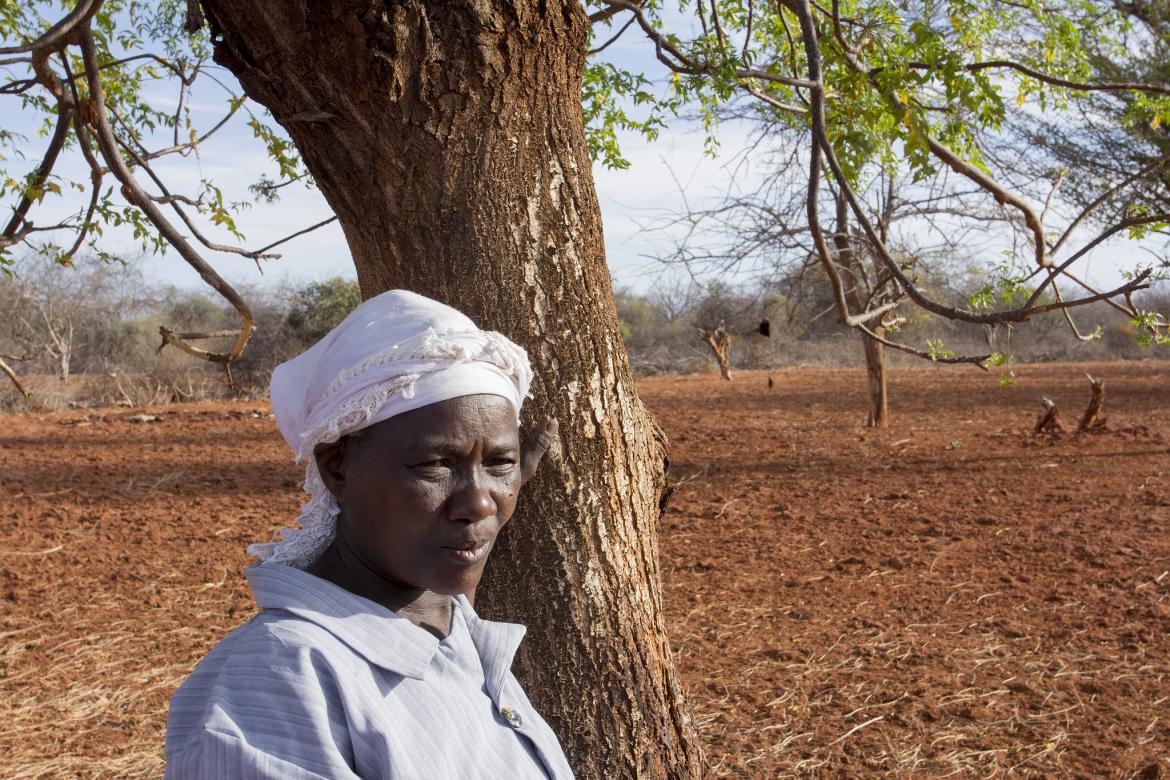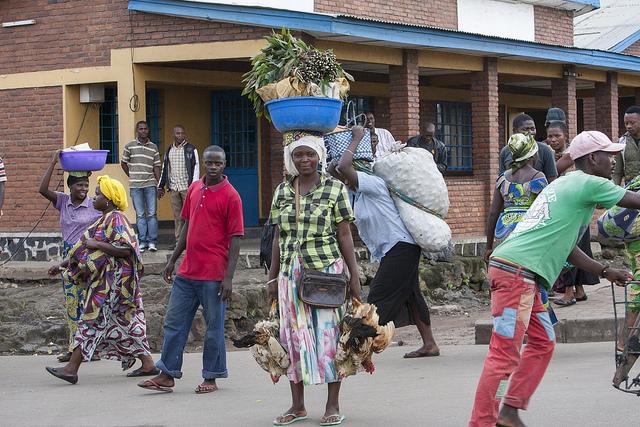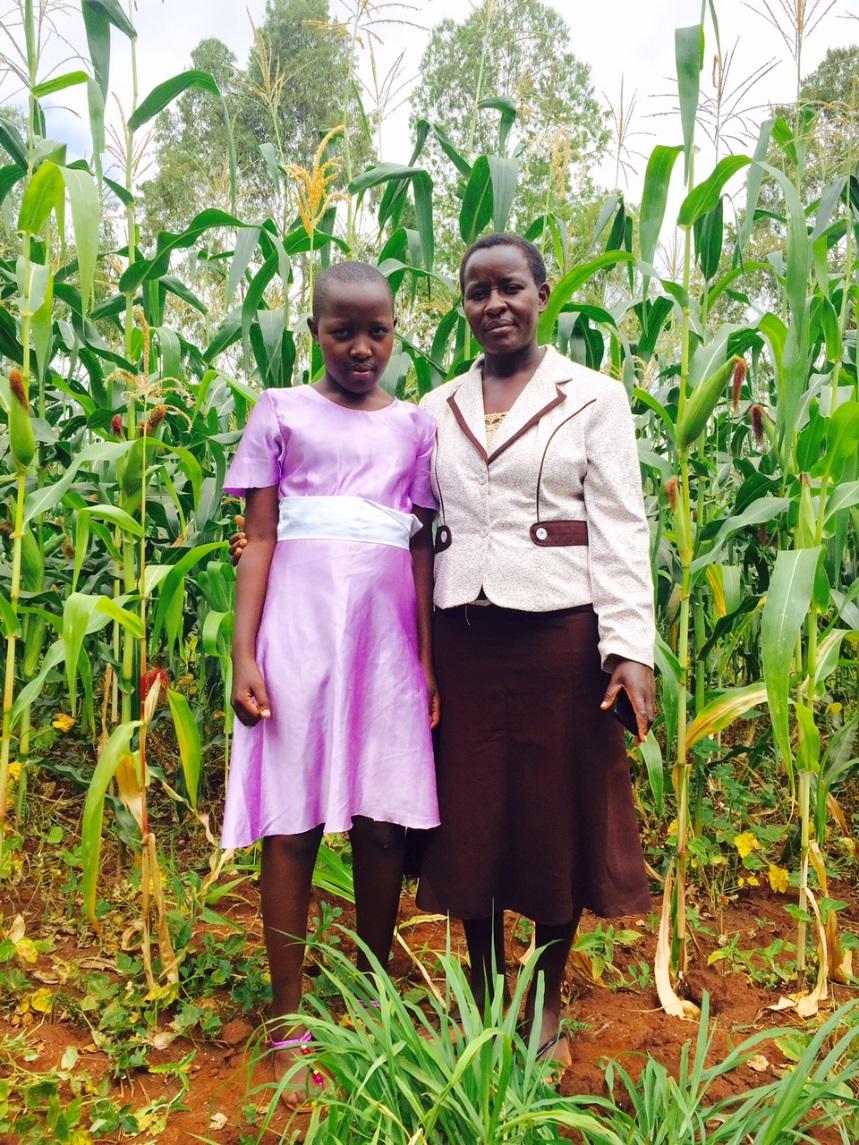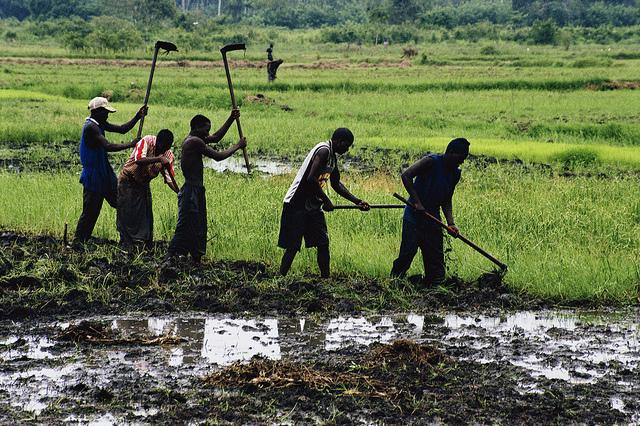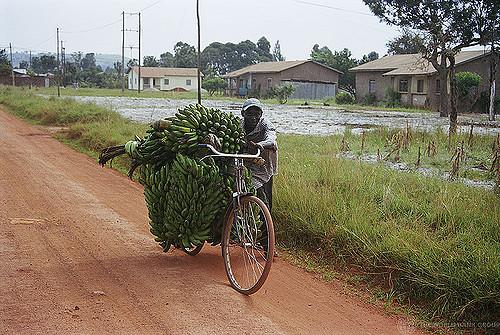
In a podcast, NPR's Planet Money (The Economy Explained), listeners are taken on a journey in Africa to meet with the continent's farmers and learn about common risks they face in their crop productions - "Farmers don't grow enough of the things they're best at growing." Episode 723 also focuses on index insurance and discusses how access to finance can affect the farmers' investment choice.

